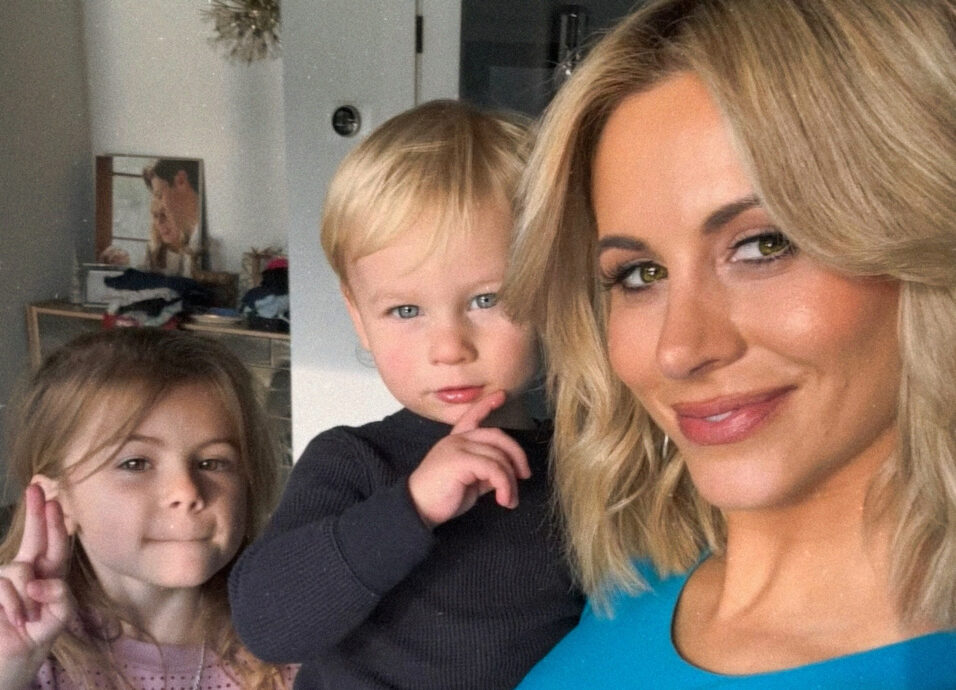Do you expect more from your oldest child? Is your youngest the cutie of the family? What about an only or a middle child? How is that life experience shaping them? Even if you try to treat all of your children the same, there are certain dynamics that come into play based on birth order, regardless of how impartial and fair you want to be.
Birth order does not tell you who you are or who you will become. Instead, it gives you some insight on how you tick. Every person is individually unique and birth order is not a cookie cutter explanation. Looking at birth order can only give you some clues. However, looking at it may help you to better parent your children and even better understand your husband!
Here are 10 ways why birth order does matter according to psychologist Dr. Kevin Leman:
1. Parenting
As a parent, you need to recognize the individual needs of your children based on their different roles in the family. Your middle child needs to be loved differently than if he or she was an only child. And your oldest child needs to be disciplined differently than your youngest child.
2. Marriage
Examining how birth order works within marriage should really be done before marriage. The best three matches are only children and last borns, firstborns and last borns, and finally, middle children and last borns.
3. Bias
It is easy for a parent to overly identify with a child who shares the same birth order position as them. Be careful not to pressure or favor that child above your other children.
4. Problems in Life
Out of the different birth orders, firstborns and only children seek the most counsel and typically have more hang-ups in life. They struggle with the pressure they received from parents as children and from striving for perfection. They were the test subjects for new parents.
5. Gender
The gender of a child may cause alterations in the typical make-up of birth order. The firstborn of a particular gender will take on firstborn child characteristics in addition to characteristics of his or her true birth order. For example, in a family that has four children– daughter, daughter, son, son‒ the first of the sons is the oldest male, so he will take on characteristics of being both a middle child and a firstborn.
6. Variables
Not everyone will perfectly match the birth order pattern. There are several variables that cause people not to fit the traditional birth order mold. Birth order characteristics can change based on large spacing between the children’s ages, emotional differences, sibling deaths, adoptions, parents’ relationships, blended families, and criticism from parents.
7. Weaknesses
Every position of the birth order has its unique strengths, but each also has its own weaknesses. It can be helpful to look at the weaknesses associated with different birth rankings to help you to identify them in your own life and overcome them.
8. Stereotypes
Birth order comes with stereotypes‒ the spoiled only child, the bossy oldest child, the forgotten middle child, and the attention-seeking youngest child. A deeper look at birth order explains these stereotypes and gives reasons for them. Not to mention, there is a lot more to birth order personality characteristics than just the common stereotypes.
9. Business
It can be very helpful in business to understand birth order. Understanding certain characteristics about people will help you handle them better. It is also helpful in managing employees, interacting with colleagues, and in sales.
10. Lifestyles
Lifestyles give insight into who a person is beyond their birth order position. They can define who a person is, their goals, and their motives in life. Some of the broader lifestyle categories are: controllers, pleasers, martyrs, victims, attention-getters, and drivers.
Taken with permission from Birth Order Book, The: Why You Are the Way You Are by Dr. Kevin Leman.






